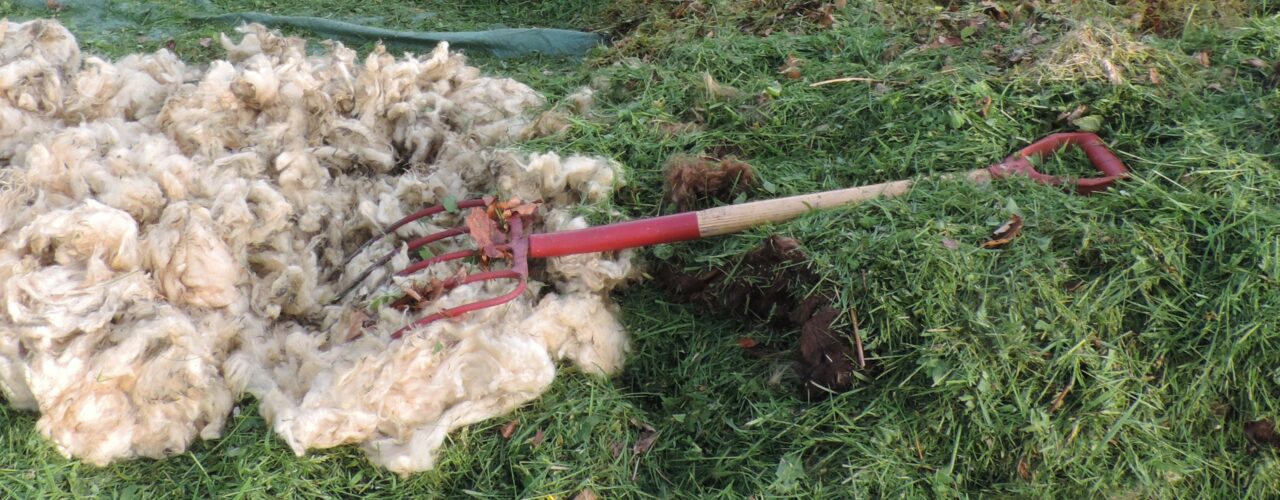
VerdifULL: How can we boost the value of lower-grade wool and increase the share of first-class wool?
The Norwegian Wool Standard divides wool into 16 quality grades. Producers fetch the best prices for first-class wool. In this project, we will discuss possibilities for increasing the share of first-class wool, and test the use of lower-grade wool in horticulture.
First-class wool is mainly used by Norway’s wool industry, whereas there are several possible applications for lower-grade wool. Currently, farmers are paid less for naturally-coloured wool than for first-class white wool, even if the pigmented wool is good enough for use in finer textiles. Lower-grade wool consists of several different quality grades, with varying reasons for why the wool did not meet the first-class criteria. The KRUS project (BIONÆR project no. 11201438) showed the need for increasing awareness about the specific uses of different wool grades, thereby increasing the value of naturally-coloured and lower-grade wool. Pilot-scale trials of wool and wool textile decomposition in soil, and of the use of wool textiles as mulch will provide knowledge that can be used to develop a main project.
